Chestnut Oak
(Quercus montana)
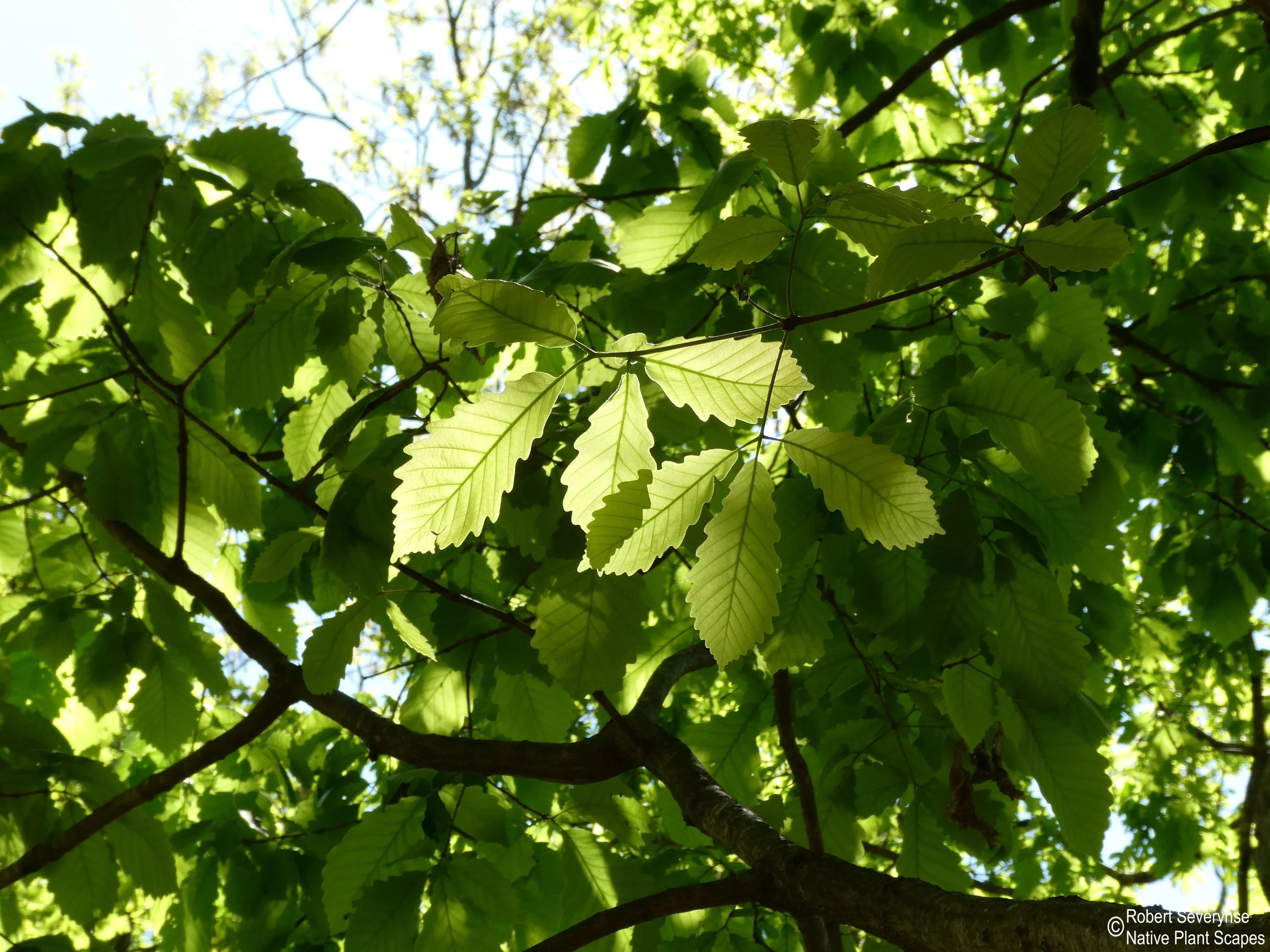
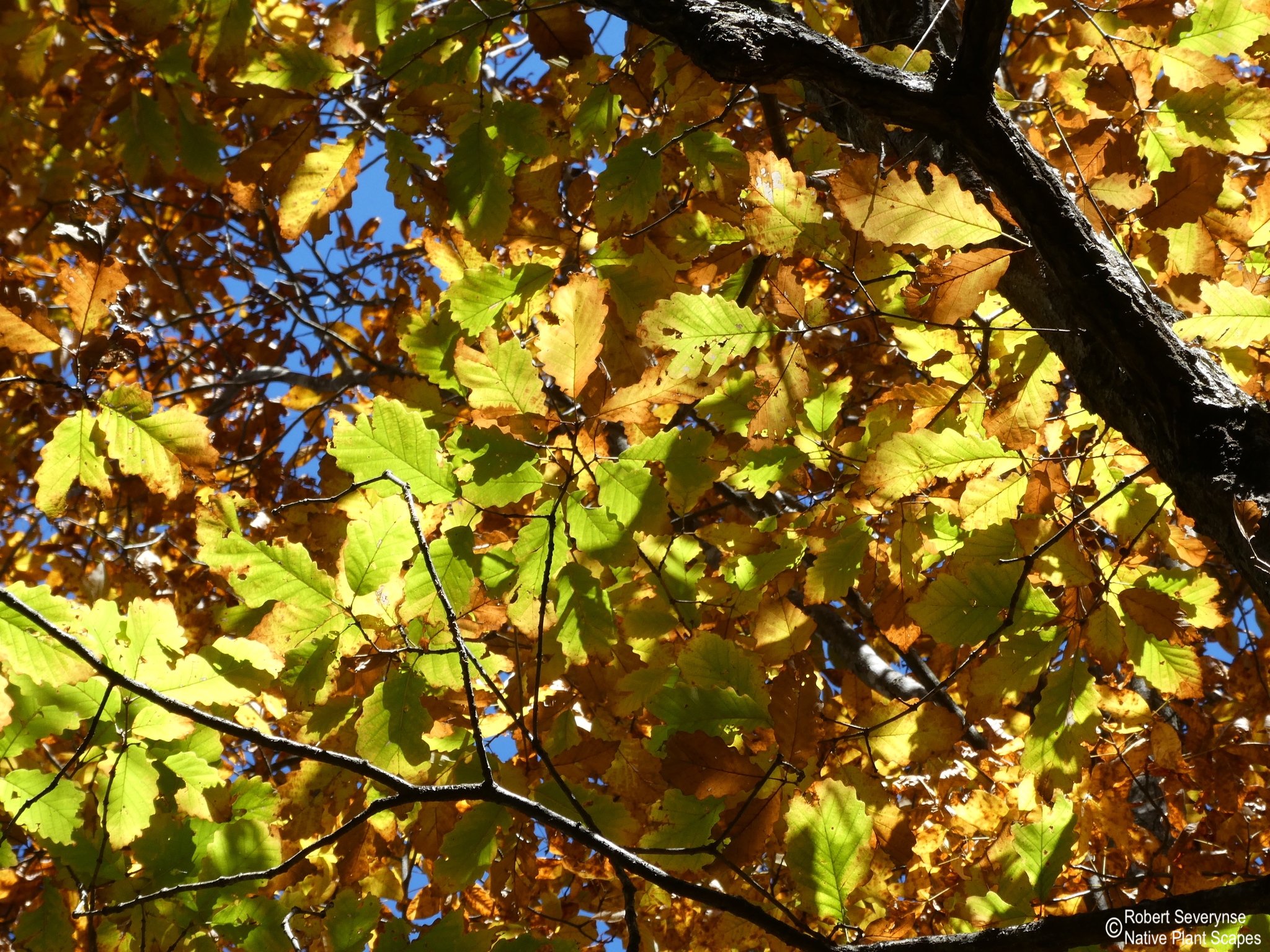
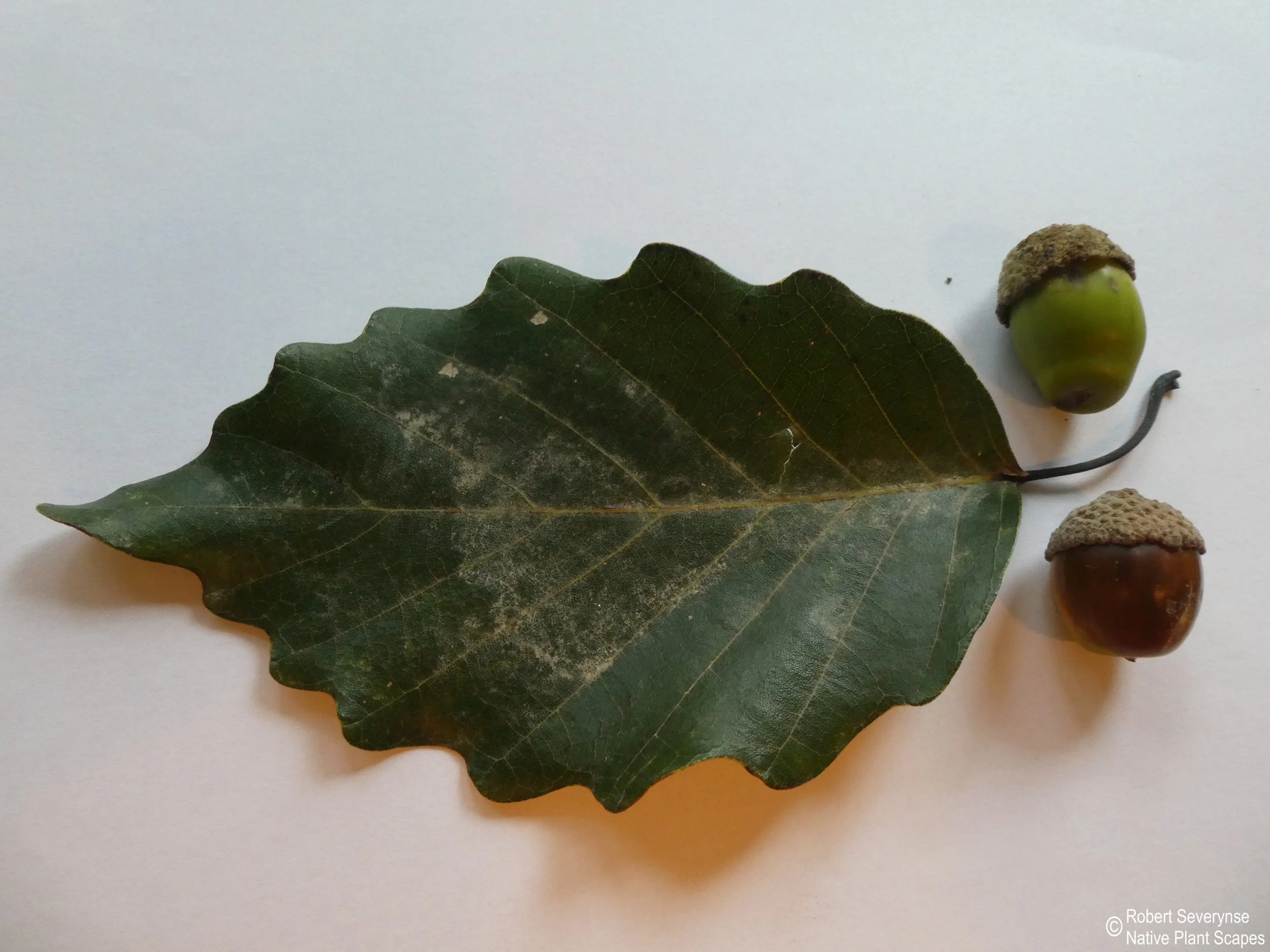
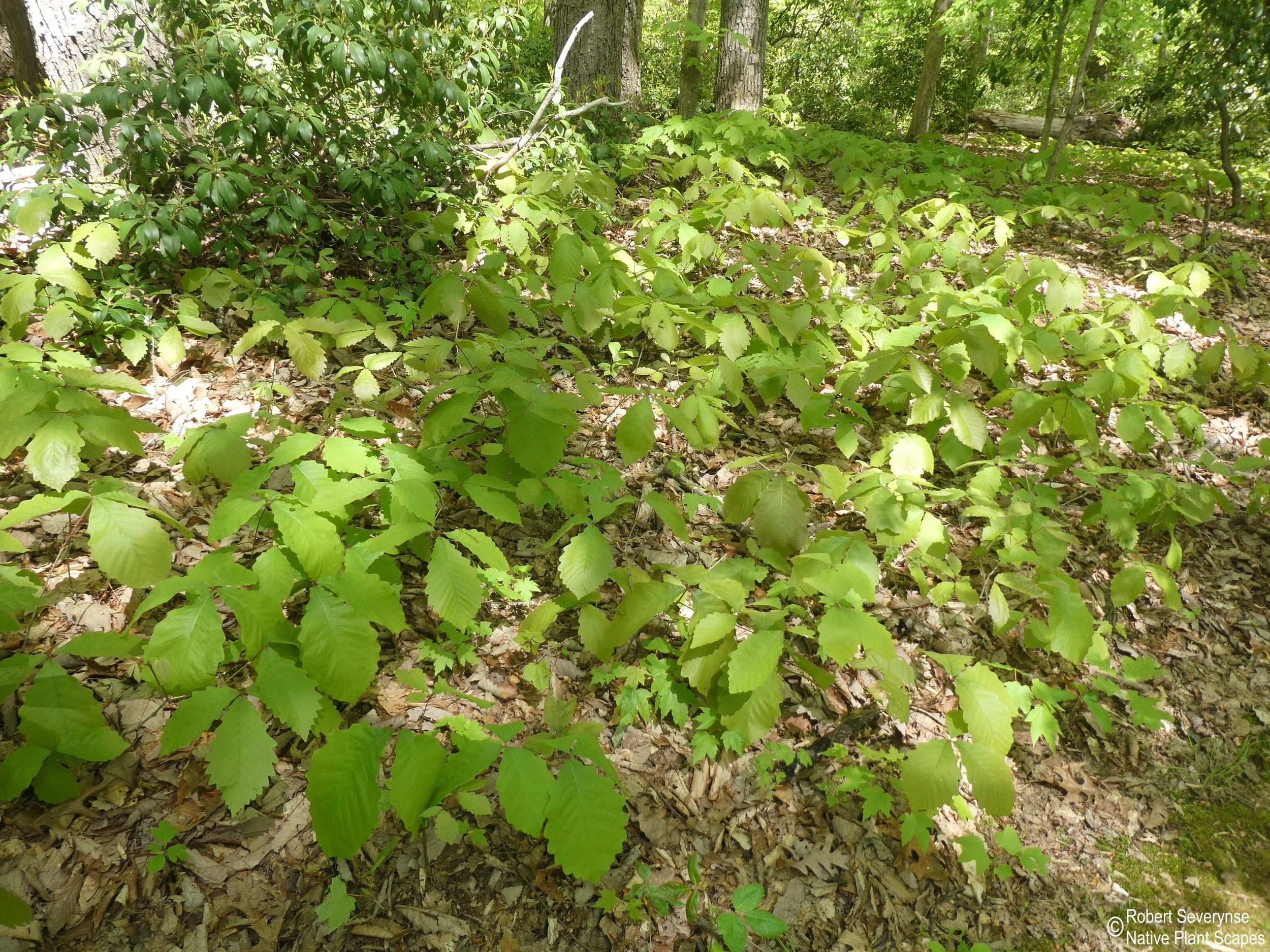
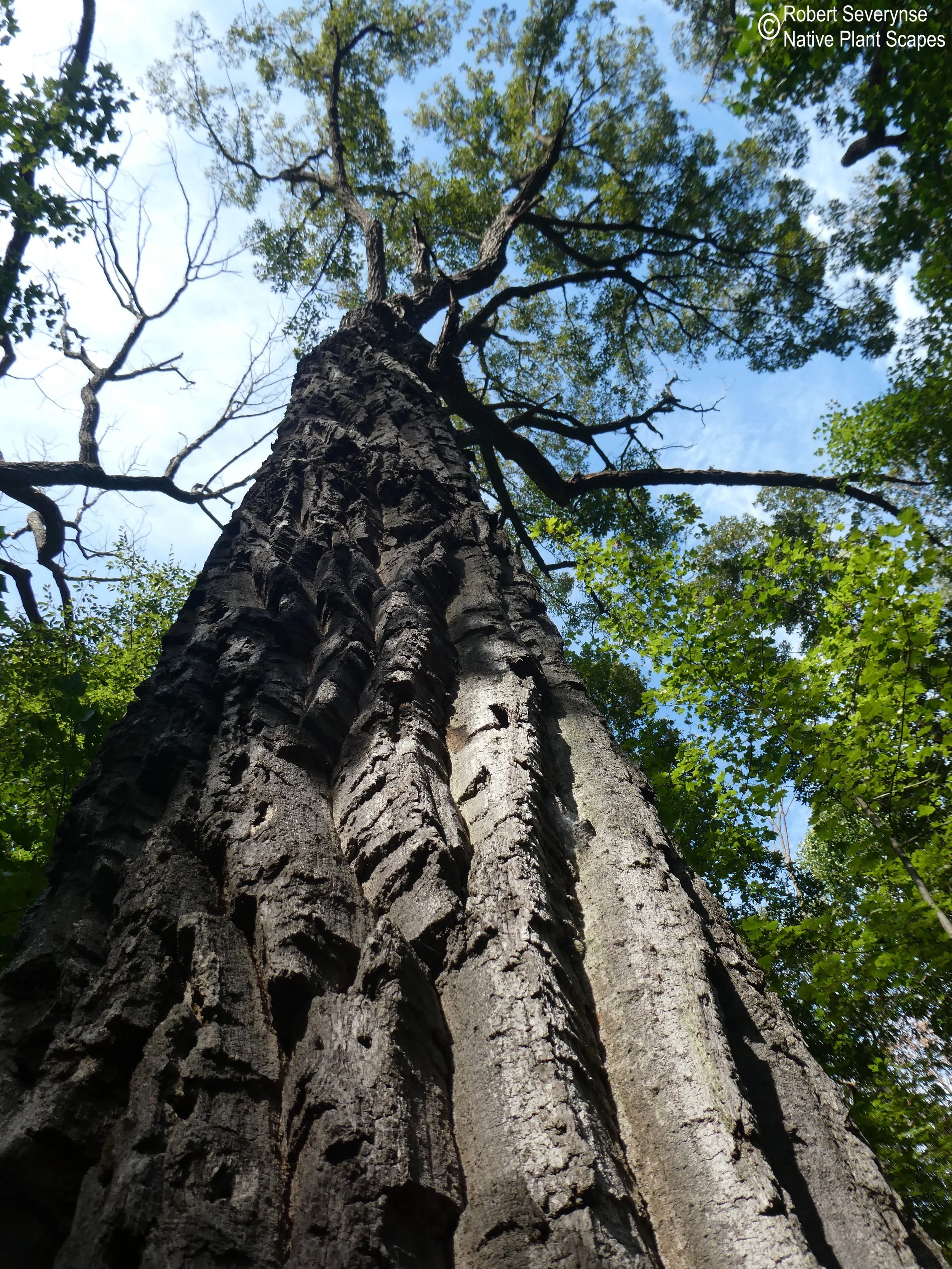
Other Information
Physical Characteristics
Type: Tree
Height: 50 - 70 ft
Spread: 50 - 70 ft
Flower Color: Yellow-Green
Flower Time: Spring (Apr - May)
Fruit Type: Acorn
Fruit Color: Brown / Tan
Autumn Color: Yellow / Insignificant
Sun Conditions: Full Sun / Part Shade
Shade Tolerance: Medium
Moisture Preference: Low / Medium
Deer Resistance*: Low / Med
Dog Safe**: No (Toxic)
Conservation Status (MD): SNR - Unranked
Other Names: Quercus prinus
*Deer resistance can vary based on many factors
**Always consult with a veterinarian about plants toxic to dogs and other animals
Wildlife Benefits:
Chestnut Oak acorns are an important food source for many birds and mammals. Trees offer habitat, cover, nesting sites, cavities, and protection for a variety of wildlife. Birds and mammals use twigs and leaves in nest construction, and may perch on the branches. Since leaves can persist longer than other plant species in some areas, young oaks may provide brushy winter cover. These persisting leaves are used by some insects to lay their eggs. Catkins can attract pollinators in the spring. It is a larval host that supports 557 species of caterpillars.



